
Another Lesson Learned
Shawn's teaching highlights compassion over judgment, recognizing struggles, extending love, and reflecting God's mercy, inspired by a personal encounter and a grieving mother.

Shawn's teaching highlights compassion over judgment, recognizing struggles, extending love, and reflecting God's mercy, inspired by a personal encounter and a grieving mother.

Jesus taught forgiveness and peace, urging followers to turn the other cheek, but acknowledged self-defense and allowed personal choice in military and political involvement.
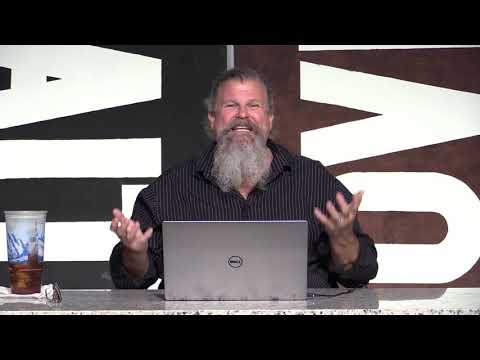
The Gospel's power to salvation is through Jesus' death, burial, and resurrection, emphasizing universal reconciliation, transformation, and new life in Christ.

Shawn McCraney teaches that in Christ's Kingdom, earthly identities like race, gender, and politics are irrelevant. Focus on unity in faith, living by the Spirit.
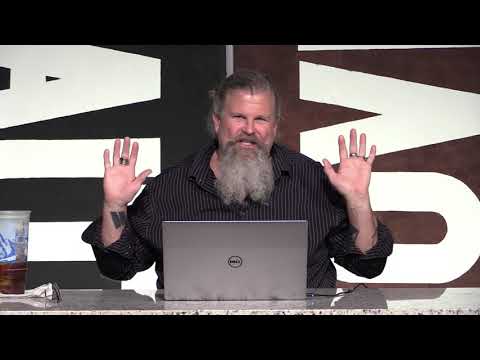
Shawn's teaching highlights the Spirit's role over strict scripture, using 1 Corinthians 15 and Mary Magdalene's story to challenge gender biases and restore women's roles in Christianity.
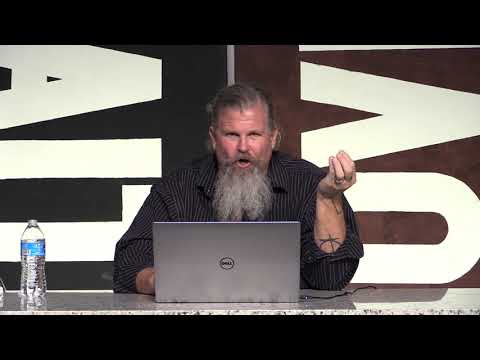
Script currently unavailable.

The teaching contrasts the forbidden fruit's knowledge with Jesus as the "bread of life," emphasizing faith, humility, and self-denial for eternal life through His sacrifice.

Shawn suggests pastors adopt a modern Hippocratic Oath to respect biblical views, show empathy, respect privacy, and focus on well-being over rigid doctrines.
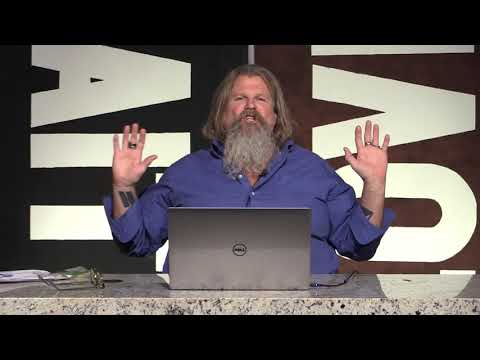
Shawn McCraney's movement promotes a non-denominational, inclusive Christian approach, focusing on subjective interpretation, spiritual liberty, and love beyond church authority.

Shawn discusses challenges in ministry aid, stressing discernment over exploitation. He advocates empowering support, inspired by biblical stories, to avoid dependency.
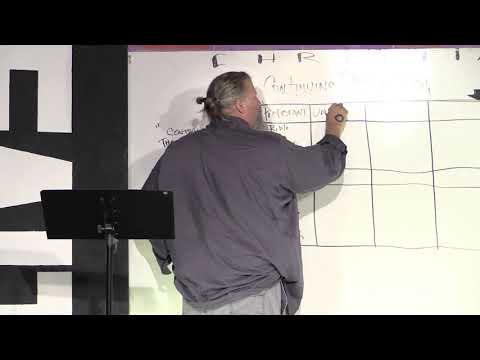
Script currently unavailable.

God grants free will and humility fosters divine connection; pride obstructs spiritual growth. Humility enables guidance, while pride leads to isolation from God.
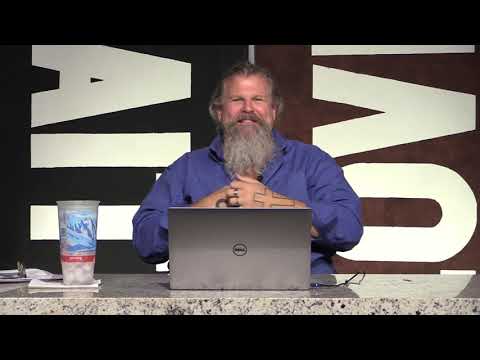
Shawn examines Romans 3:22, debating if righteousness is by faith in Jesus or Jesus' own faith. He analyzes translations, urging personal interpretation with love and faith.
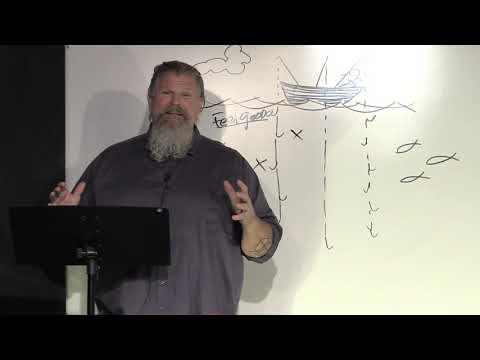
Evaluate faith orientation by identifying personal biases like seeking experiences or community. True growth is challenging biases to love universally in Jesus' name.
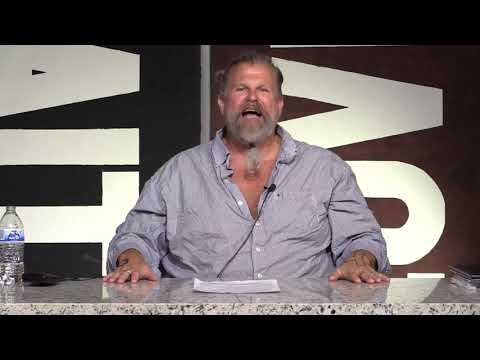
Script currently unavailable.
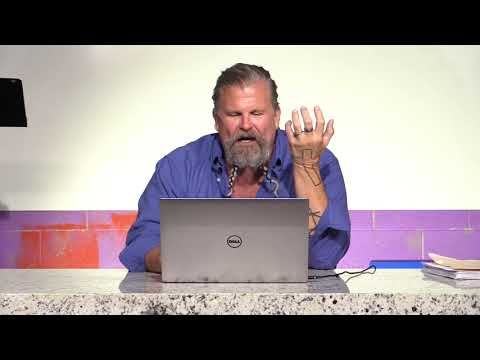
Shawn uses 1960s imagery to teach that faith and love, guided by liberty and humility, lead to hope and harmony, while rigid doctrine leads to fear and unrest.

Shawn envisions the afterlife as engaging in God-like activities, extending love, light, and life, akin to Jesus' mission, with earthly virtues preparing for divine service.

Shawn teaches universal access to heaven through Jesus, with faith affecting rewards. God's love is unconditional, urging followers to love all as joint heirs with Christ.

Shawn urges embracing love and acceptance over doctrinal disputes, focusing on unity and understanding others' beliefs, prioritizing love for God and neighbors.

Shawn invites all but assassins to a baptism event, focusing on personal faith over doctrine. Encourages genuine seekers of Christ's love to stay engaged, offering a fresh take on 1 Corinthians 13.
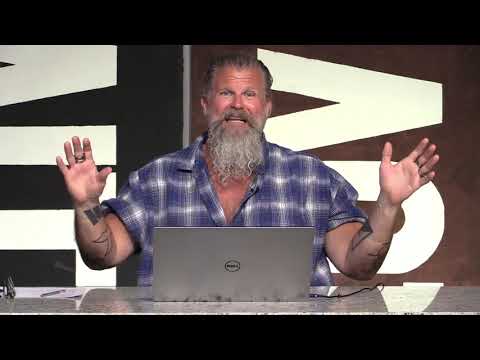
Shawn examines Paul's view in Philippians 3 on faith in Christ for deeper understanding, aiming for a special "out-resurrection" as a reward for faithful discipleship.
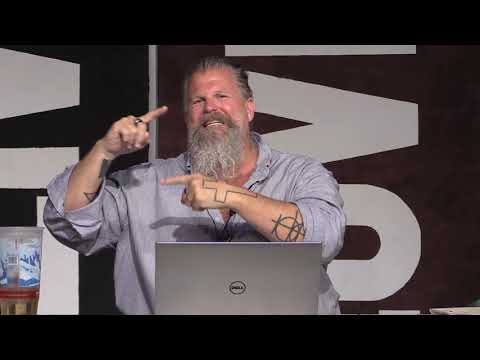
Life Givers emulate Jesus, enhancing others' well-being through kindness and sacrifice. Life Takers drain others through selfish acts. Choose selflessness for a fulfilling life.

Shawn critiques Mormonism, categorizing beliefs as "Black," "White," or "Gray," and emphasizes personal faith over institutions. He contrasts LDS and traditional Christian views of Jesus, advocating for spiritual adoption and unity among Christians.
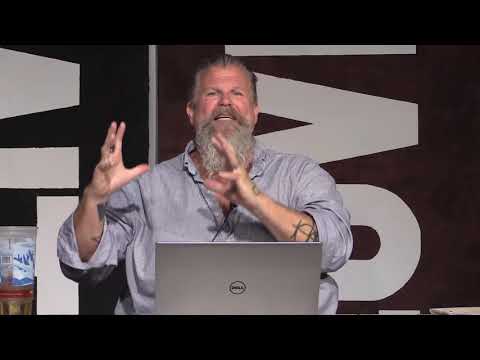
Shawn teaches that all religious perspectives, despite differences, contribute to God's plan, promoting peace, love, and understanding over perfect beliefs.
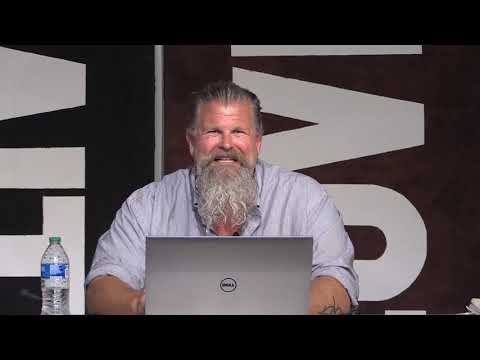
Shawn critiques "playing church," advocating for heart-centered spirituality over external conformity, emphasizing personal liberty, inner renewal, and Spirit-led worship.
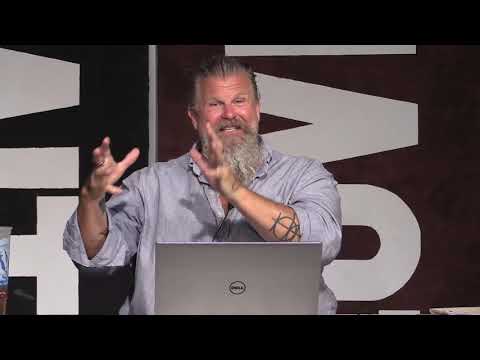
Shawn teaches universal reconciliation through Christ, emphasizing God's unchanging love and justice, rewarding deeds based on free will, ensuring heaven, not hell, after death.

Script currently unavailable.
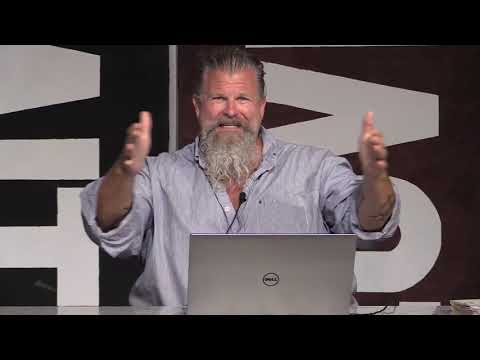
Shawn teaches Jesus wasn't God on earth but became God post-resurrection, challenging Trinitarian views. Believers, through faith, become heirs with Christ.

Shawn urges Christians to embody virtues like love and kindness online, critiquing social media's negative influence. He stresses faith-sharing with understanding, not aggression.

Shawn argues against the Trinitarian view, stating the "Angel of the Lord" is a "messenger of YHWH," not pre-incarnate Jesus, supported by Hebrews 1:1-2.